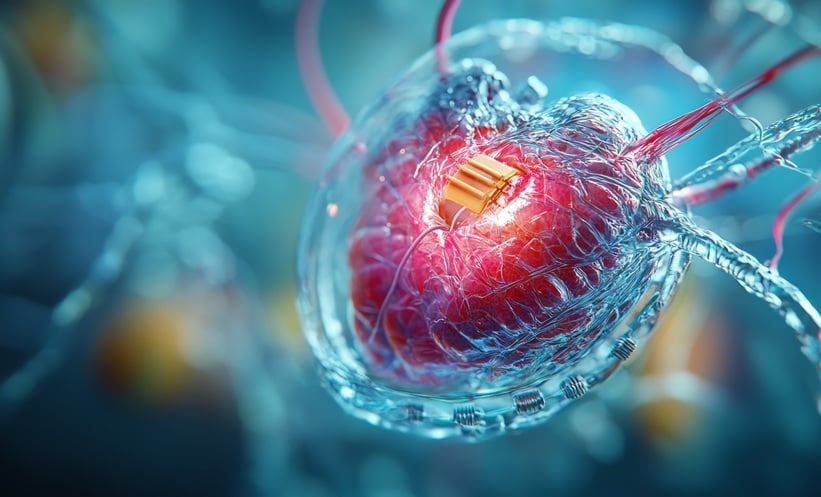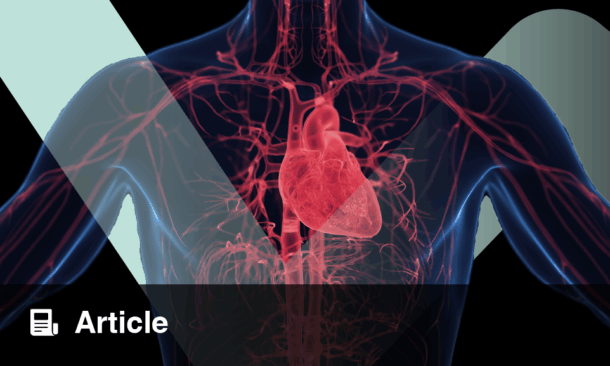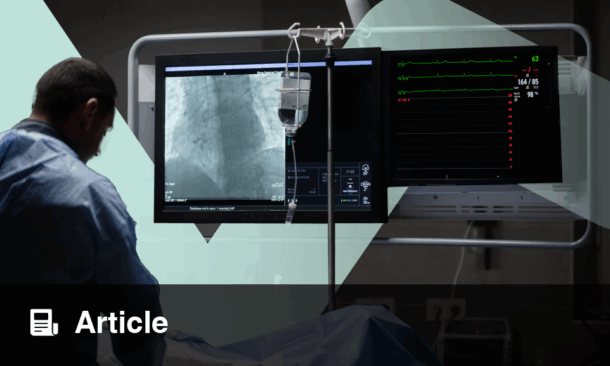Francesco Maisano | Cardiac Surgeon, IRCCS Ospedale San Raffaele, Milan, Italy
Citation: EMJ Int Cardiol. 2024;12[1]:32-34. https://doi.org/10.33590/emjintcardiol/DKBJ6606.
![]()
What initially led you to pursue a career in interventional cardiology, and what continues to motivate you at present?
I decided on cardiac surgery as a profession after being inspired by an encounter with Ottavio Alfieri, Professor of Cardiac Surgery and Chief of Department of Cardiac Surgery, San Raffaele University Hospital, Milan, Italy, who took care of my father while I was in the medical school. I was around during the era of surgery as the gold standard solution for structural heart disease, and I have been dedicating my career to valve disease, and specifically to mitral and tricuspid valve repair. As part of Alfieri’s team, I envisioned the evolution of edge-to-edge repair from a surgical to an endovascular procedure. This pushed me towards cross-training in interventional cardiology under Antonio Colombo, Humanitas Research Hospital, Milan, Italy, and I had the opportunity to connect with several leaders in the early 2000s, including Alain Cribier, Hospital-Charles Nicolle, University of Rouen, France; John Webb, University of British Columbia, Vancouver, Canada; Martin B Leon, Columbia University, Irving Medical Center, New York, USA; Alec Vahanian, University of Paris, France; Karl Heinz Kuck, University Heart Center, Lübeck, Germany; and many others. Through this, I realised the immense value that less invasive procedures bring to patients, and have thus continued to practice both surgery and interventional procedures to deliver the best tailored treatment to my valve patients. My main motivation is to drive our community globally in the direction of achieving effective teamwork, building multidisciplinary teams that work for patients, and abolish the current siloes.
As a board member for the European Association of Percutaneous Cardiovascular Interventions annual conference (EuroPCR), what does your role entail, and what changes have you brought into effect whilst serving this position?
I feel honoured to be a part of this group. I bring my own perspective to it as a surgeon involved in the interventional community, and I think this reflects the open mind of the EuroPCR family, and the willingness to serve the cardiovascular community as a whole.
PCRonline is a gateway to education in the field of interventional cardiology, through creating courses across Europe. My main commitment in this role is to develop simulation-based certification programmes in collaboration with academic institutions around Europe, to raise the quality of care, and to bring EuroPCR education quality into academic programmes.
How much of an impact do you believe the EuroPCR has, both directly on interventional cardiologists and indirectly on patients?
EuroPCR is designed by, and for, the interventional cardiology community, with patient benefit at the centre of our scope. We care about our patients, and we try to learn from each other to improve our practice. EuroPCR events are designed around this objective: to learn from global community knowledge that can be transferred into clinical practice from the first day after the meeting. I am currently running two certification programmes in the University Vita Salute of Milano, Italy, in co-operation with EuroPCR, on transseptal puncture and on transcatheter edge-to-edge repair.
Your area of interest lies in structural heart disease, and implementing innovative therapies in clinical practice. Could you share some examples of innovative therapies you have been involved with, and the impact they have had on patient care?
I have been involved in aortic mitral and tricuspid innovation, and have performed the first mitral and tricuspid annuloplasty procedures using the Cardioband tricuspid system (Edwards Lifesciences, Irvine, California, USA). I have also explored different technologies, and I have been highly involved in the development of transcatheter edge-to-edge repair from the very beginning.
You recently published a paper entitled ‘Transcatheter treatment of the tricuspid valve: current status and perspectives’. Please provide the main takeaways from this research, and the impact it could have on clinical practice.
Tricuspid valve disease is highly prevalent in the community, and has relevant prognostic implications. In the last 10 years, thanks to the introduction of tricuspid interventions, there has been a great focus on it, with a lot of new knowledge developed and shared. New interventions, therefore, have not only brought new hope for patients, but also ignited new energy in exploring the right heart physiology and research in the field of tricuspid regurgitation (TR). TR is in the crossroad of several patient pathways, and these patients require a multidisciplinary approach to tackle the complex environment of multimorbid disease. Due to this effort, there are now multiple therapeutical choices, with many transcatheter solutions on top of surgical techniques, which are also evolving. The main effort of the EuroPCR tricuspid focus group is to define the ideal sweet spot for each therapy, and to encourage a multidisciplinary approach in the lifetime management of the patients. In the paper, which is written for a non-specialist community, all physicians involved in the care of patients with TR will find some inspiration to improve the outcomes of these patients.
With over 20 patents filed, and multiple start-up companies founded in cardiovascular medicine, what drives your passion for innovation in this field? Could you discuss some of the challenges you have faced in translating innovative ideas into successful products or treatments?
Being an innovator is a great challenge. You have to challenge the so-called standard of care, and fight against the ‘mainstream’. Innovation starts from the identification of an unmet need. This is already a great challenge. To be an innovator, you need to be not only creative, but also honestly driven by curiosity, and a sense of unsatisfaction with the state of the current options.
Finding the areas that deserve optimisation is a key element of innovation. The technical solution is obviously the centre of any new device, but finding the right unmet need is key. This is why I am proud to have been one of the first to found a start-up on tricuspid interventions back in 2009, when tricuspid was not yet considered a hot topic, as we were in the hype of transcatheter aortic valve implantation.
Finally, what do you see as the most pressing challenges in the field of cardiovascular medicine today? How do you plan to address them in your role as a board member for EuroPCR?
The main challenge is to break down barriers among different professionals. EuroPCR, being an educational entity, allows us to reach experts from different scientific societies, and build bridges for a better care. In my 30-year career, I have had the unique opportunity to grow in a multidisciplinary environment. I am member of European Association of Percutaneous Cardiovascular Interventions (EAPCI), the European Association of Cardiovascular Imaging (EACVI), the European Society of Cardiology’s Heart Failure Association (ESC-HFA), and the European Association for Cardio-Thoracic Surgery (EACTS). I also participate in several scientific activities as a board member of EuroPCR, and bring this message of joining forces for an holistic approach to patients. Only the combination of knowledge and tools from the different specialties will allow us to improve outcomes in our patients. EuroPCR is, and will be, the voice of a wide community that is open to change, open to listening to all shareholders, and to patients above all.







